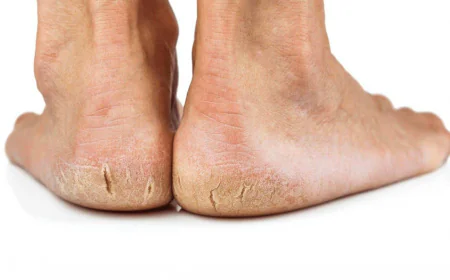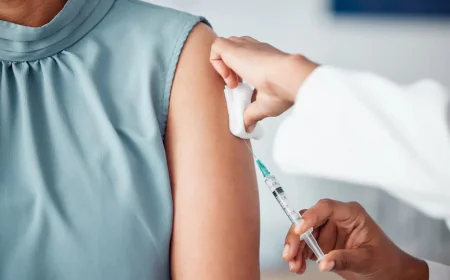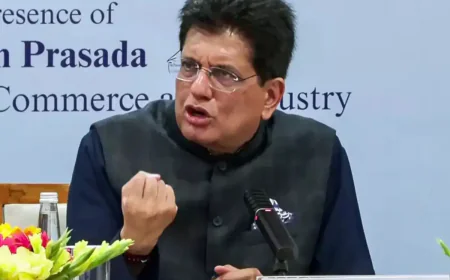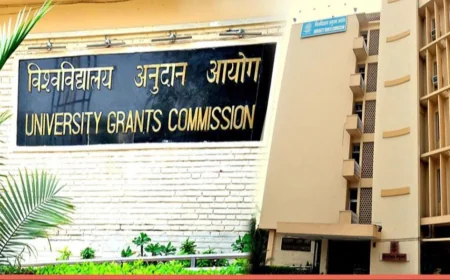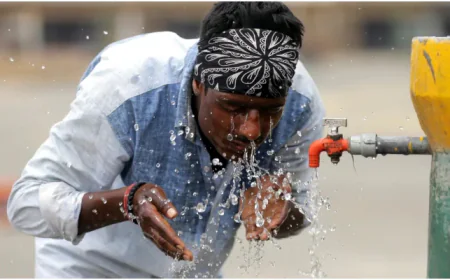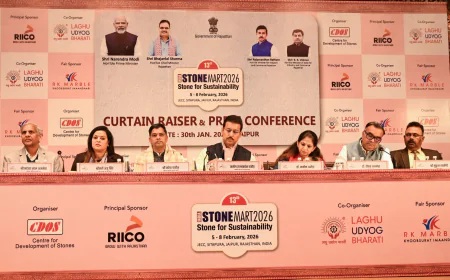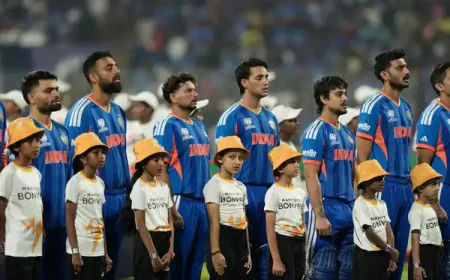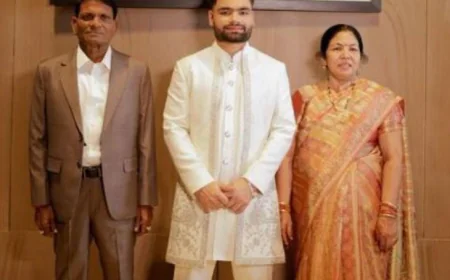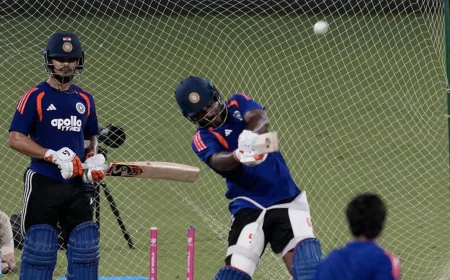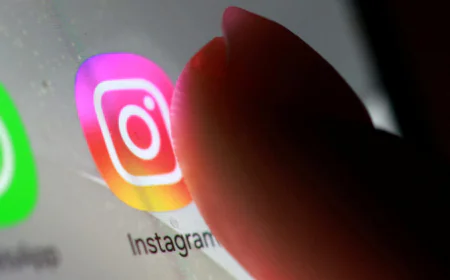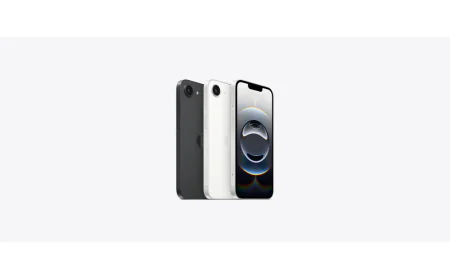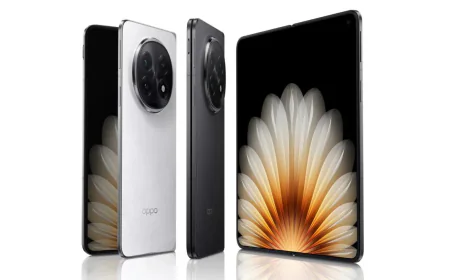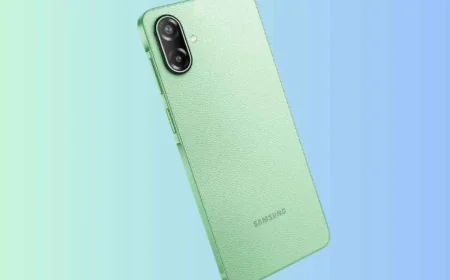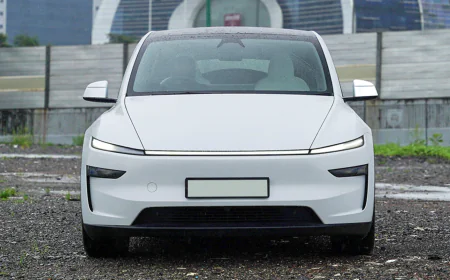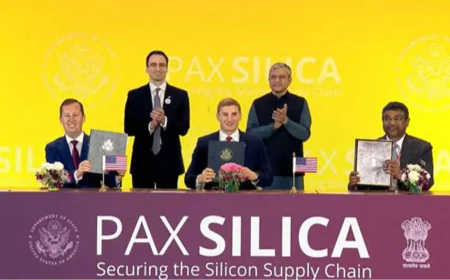Report: Economy took a turn with mobile money, global financial inclusion increased under India's leadership
Report: According to the World Bank's Global Findex-2025 report, India is playing a leading role in digital financial transformation. The report said that now 1 in every 10 adults in developing countries is saving through a mobile money account, which is an increase of 5% points compared to 2021.
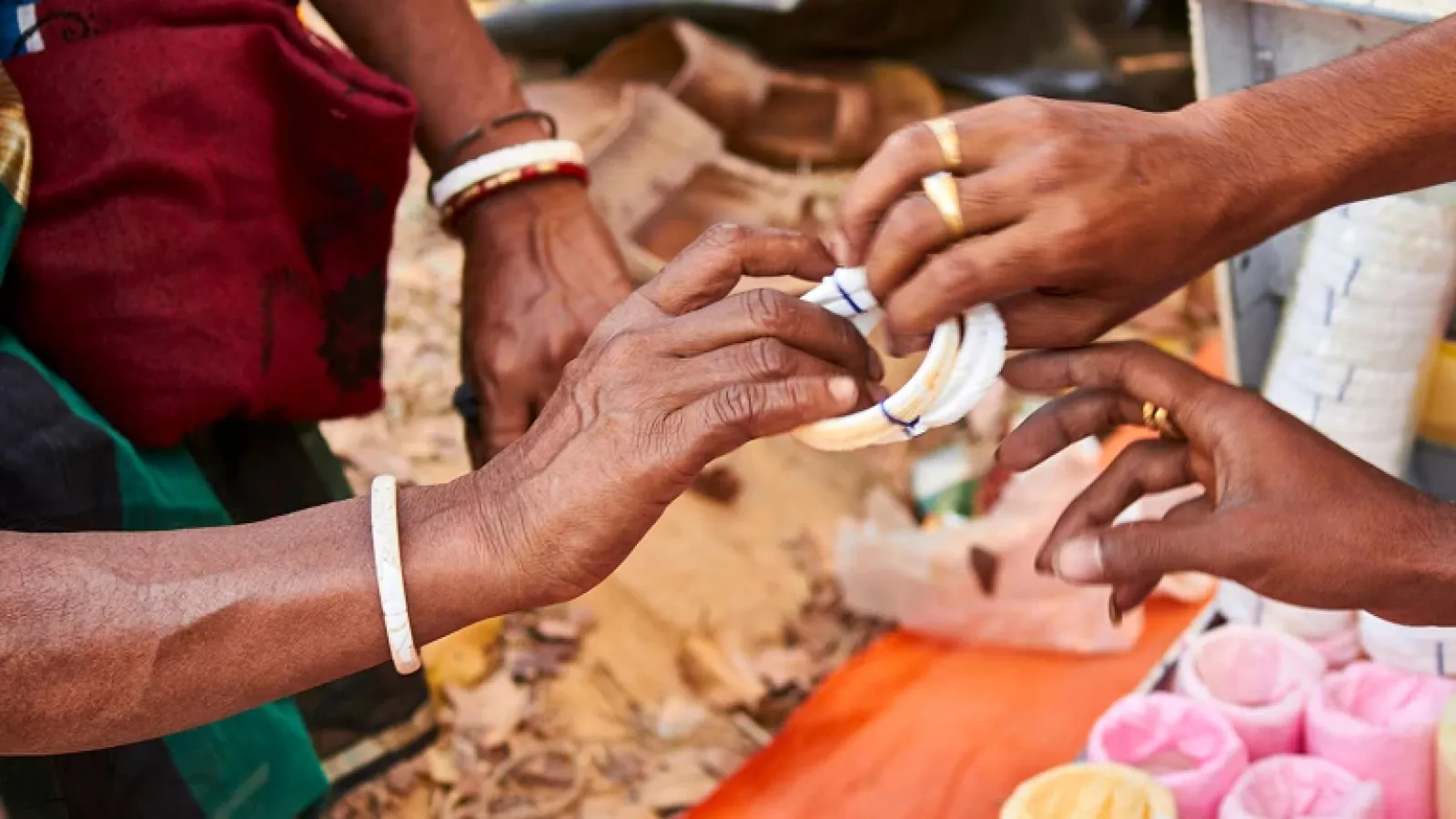
The World Bank's new Global Findex-2025 report presents a new picture of digital financial transformation, with India playing a leading role. The report shows that more people than ever in developing countries are now saving through mobile money accounts, and countries like India have emerged as leaders in this global trend.
The report indicates that now one in every 10 adults in low- and middle-income countries saves through a mobile money account. This is a five-percentage-point increase compared to 2021. Forty percent of adults in developing countries are saving in some financial account, a jump of 16 percentage points from 2021. This represents the fastest growth in the last decade. Central to this change is digital technology and the mobile phone revolution. Mobile money and instant payment systems have also connected underprivileged populations to the formal financial system, boosting their savings and empowering national economies.
India's contribution has been decisive in this global shift. According to the report, account ownership in South Asia stands at 80 percent, driven largely by India, where 90 percent of adults have an account and 65 percent own a mobile phone. Innovative payment systems like India's UPI have not only made transactions seamless but also increased consumer confidence and security. World Bank President Ajay Banga states that through digital finance, countries like India demonstrate that financial inclusion not only improves lives but also propels the economy forward.
Want to get your story featured as above? click here!
Want to get your story featured as above? click here!
The report highlights the significant increase in the number of women opening accounts as a major achievement. In 2011, just 37 percent of women in developing countries had an account, rising to 73 percent in 2024. Globally, 77 percent of women now have an account. Bill Gates, chairman of the Bill & Melinda Gates Foundation, calls this progress historic, noting that women are gaining the ability to achieve financial stability and security for their futures. This is genuine progress.
For the first time, mobile and internet usage statistics are included in the report. Eighty-six percent of adults own a mobile phone, with 68 percent using a smartphone. Most government payments and wages are now directly transferred to bank accounts, increasing transparency and reducing the risk of fraud and corruption. The report also warns that fewer than half of the people in developing countries protect their phones with a password, raising cybersecurity concerns.
In sub-Saharan Africa, mobile money usage has pushed account ownership to 58 percent. East Asia and the Pacific lead in smartphone usage (86 percent) and account ownership (83 percent). Similarly, Europe and Central Asia have the highest rates of mobile phone and internet use, with more than 94 percent of adults engaging with both. In Latin America and the Caribbean, 70 percent of adults hold an account, and 50 percent conduct digital transactions. In the Middle East and North Africa, account ownership increased from 45 percent to 53 percent, marking a notable rise in formal savings.
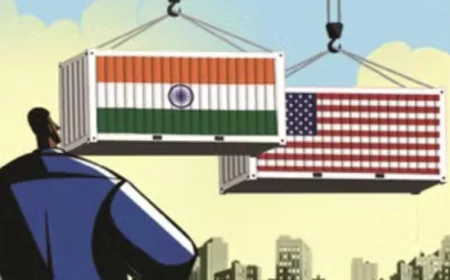

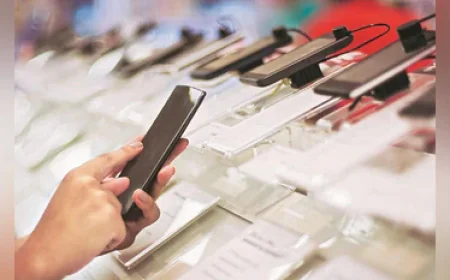

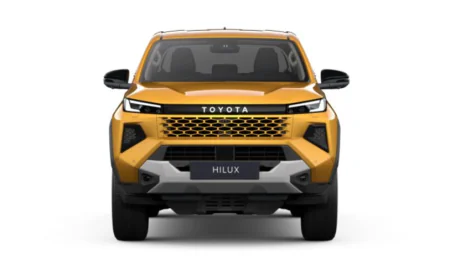
































.jpeg)











